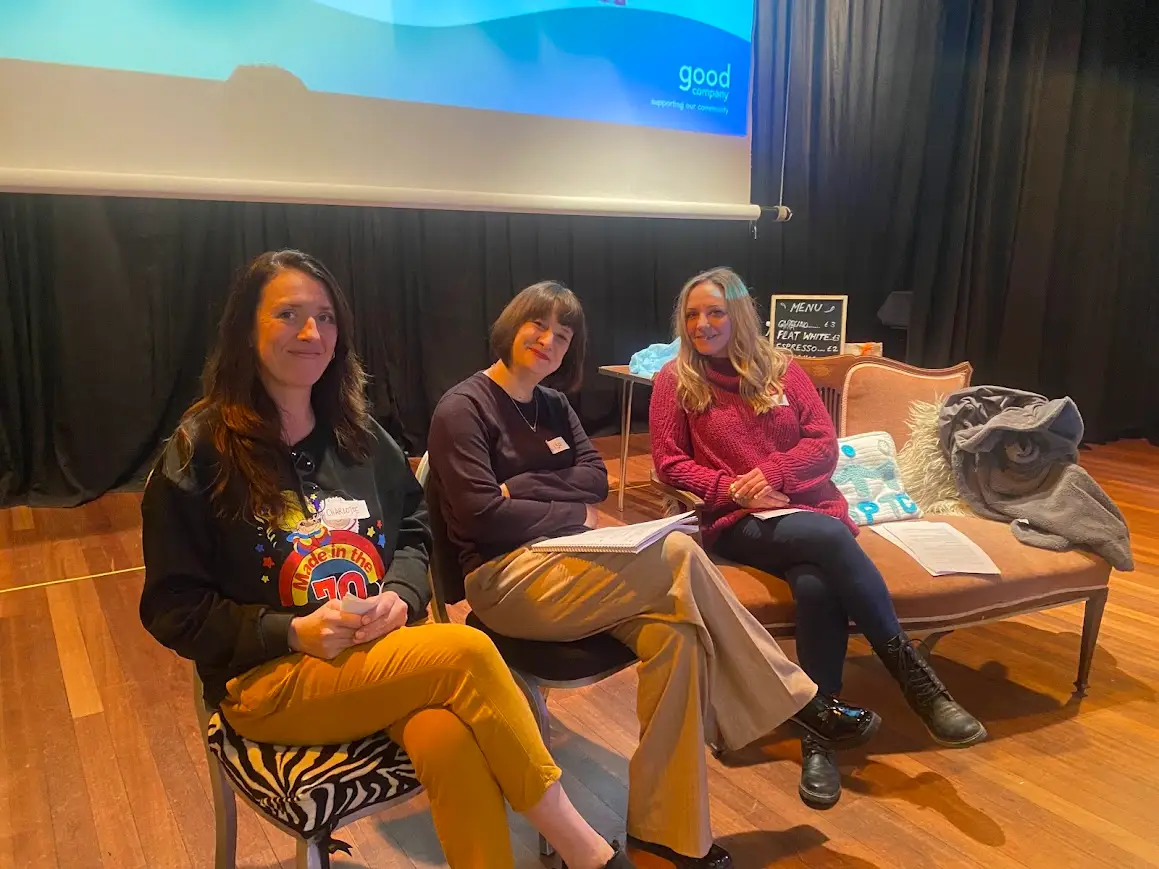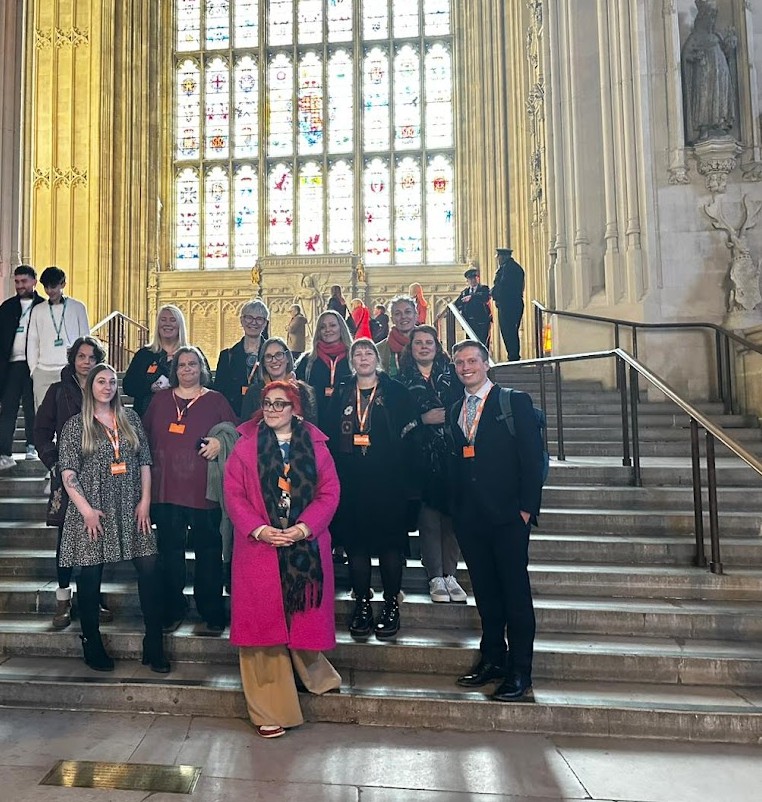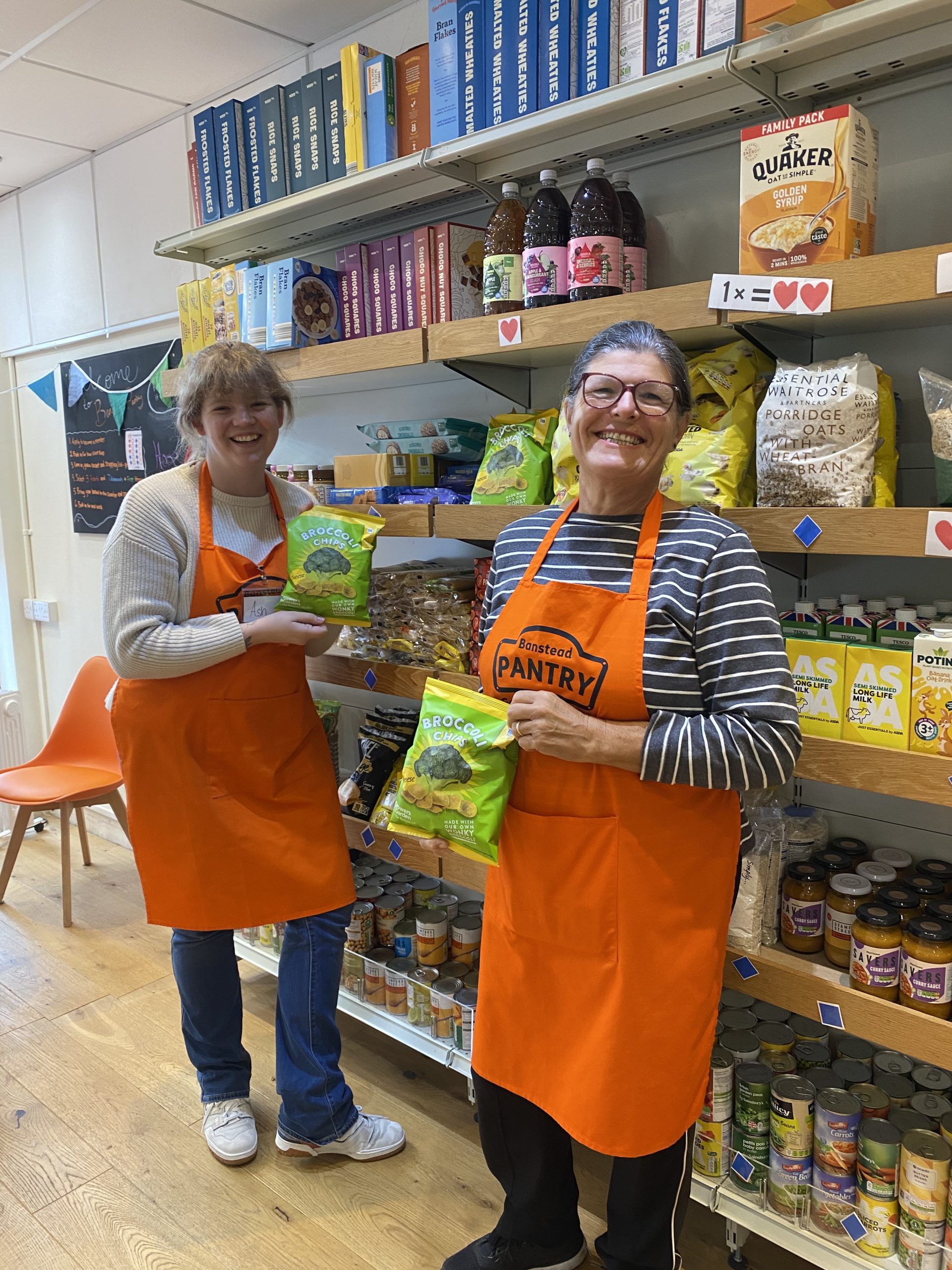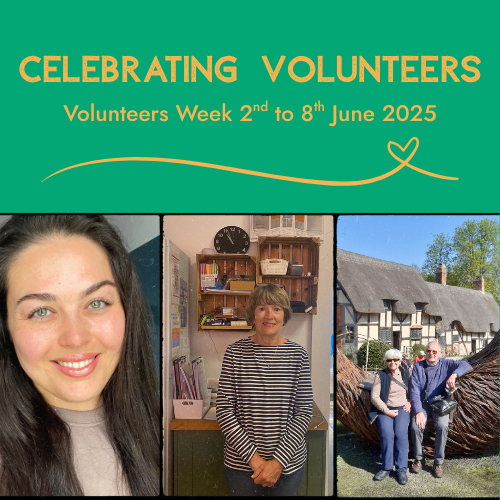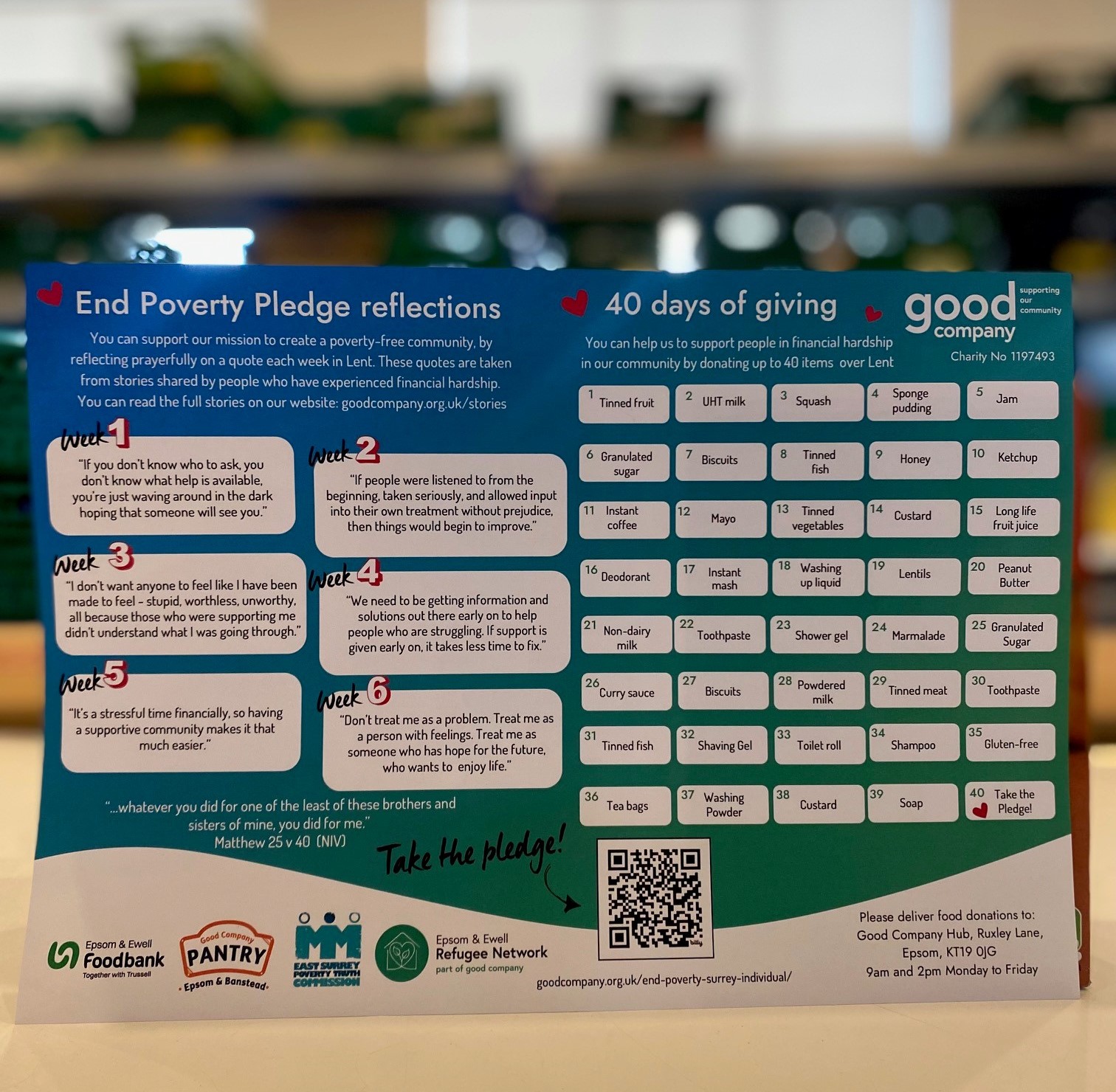Helen Barnard, Director of Policy, Research and Impact at the Trussell Trust recently spoke at a small event for staff and a few of our partners and supporters. We think her insights and knowledge are worth sharing, so Jen Barnard nb. no relation! (Strategy Lead) has summarized some of Helen’s key points here:
- The most striking trend across recent years has been rising numbers in deep poverty and destitution (poverty so extreme you cannot meet your basics needs)
The Destitution in the UK study by JRF states 3.8 million people experienced destitution in 2022, including around one million children. This is very concerning because the deeper the poverty that people experience, the more damage is done to people’s health and prospects. We see this rise locally too; over the past few years we have seen a substantial growth in use of the foodbank, particularly in families with children.
- The majority of people who are experiencing food insecurity (people skipping meals or going without food for a whole day at a time, because they can’t afford it) aren’t accessing support from us.
For every person who comes to our Foodbank, there are 2 others who may not be getting the support they need. More research is needed, but people may be trying to get through a difficult situation on their own without seeking external support. This is why we’re working together with our referral partners to make advice and information more accessible through Advice Cafés – drop-in sessions where people can speak to a range of advisors in one place. This preventative approach aims to reach people before they fall into crisis.
- Problems with the design and delivery of social security are the single biggest driver of destitution, hunger and the need for food banks.
As Helen said: “Hunger has nothing to do with food and everything to do with money.” Too many people just don’t have the money to afford what they need. Many people don’t claim the benefits that they’re entitled to (£19 billion goes unclaimed every year) Those who do claim often face delays and the level of Universal Credit hasn’t kept up with rises in living costs and doesn’t provide enough to cover the essentials needed to live a healthy life.
- In spite of the gloomy context, there is still cause for optimism! We know the causes of poverty and we have the tools to fix it
There is an opportunity for all of us to make a difference, either by taking action directly in our own organisations or influencing others to take action. Our End Poverty Pledge campaign suggests lots of ways that individuals, businesses and organisations can take small actions to tackle poverty locally. The East Surrey Poverty Truth Commission is also working towards local policy changes by listening deeply and intentionally to those who are ‘experts by experience’
Nationally, you can find out about the Guarantee Our Essentials campaign which calls for the basic rate of Universal Credit to at least cover life’s essentials.



